

“I’m not a leader,” shouts Brecken, our leader. “I’m a goddamn parkour instructor!” This profound statement neatly summarises Dying Light. When it aims for high drama, it comes off like a George Romero soap opera: think Days of the Dead of Our Lives. When it gets on with the less serious business of running, climbing and kicking zombies in their bottoms, it’s marvellous fun.
So it’s a B movie, then. Plot holes are plugged with bloodied gauze. Characters are defined by their deaths. That’s not a bad thing, even though I probably made it sound that way. It just means that Dying Light is best when you’re experiencing it at your own pace: scaling tall things just because they’re there, delivering babies for random strangers and eating candy from bins.
Perhaps because of this, the story missions are the weakest part. Too many end in explicit failure, such as chasing airdrops for long-gone loot, or routine chores doomed to end in betrayal. It’s intended as a way of keeping you engaged; instead, much like staring at the night sky or counting my Twitter followers, it made me feel inconsequential. One especially wretched objective had me appeasing a disturbed man’s mother in exchange for medicine. This meant searching a DVD shop for a movie - because apparently, even video rental can be raised from the dead - and sourcing a box of chocolates. When I delivered this stuff, he still wouldn’t give me the drugs. Worse still, his mum turned out to be made of buckets and was thusly unable to truly appreciate either the movie or the chocolates. It’s one disappointing example of many, and it contributes to the nagging sense that you’d rather be out hitting the restless dead with pipes.
This feeling is aggravated by some ropey characterisation. Hero Kyle Crane is little more than a gruff pair of trousers who scampers up things and says ‘fuck’. A few NPCs stand out - most notably cuddly scientist Dr. Zere and siblings Jade and Rahim - but the rest are merely static mission dispensers. I don’t expect a zombie parkour game to have the literary flair of Bioshock - primarily because I just described it using the words ‘zombie’ and ‘parkour’ - but when you’re forced to join Crane on a personal journey, these inadequacies soon grate.
Multiplayer is a big deal in Dying Light. As well as 4-player co-op, you also have access to the Be The Zombie mode. When darkness falls you can invaded by another player who controls of the Night Hunter: a rubbish name for something that’s entirely awesome. They have a range of powers specifically designed for butchering you, including night vision and Venom-style tendrils. It adds another layer of horror to the already-gruelling evenings. And, if that sounds too stressful, you can toggle the settings on and off. Or better yet, just play as the Night Hunter yourself, spring through the city on your fleshy proboscises and dismember your friends! Lovely.
So far, that’s a lot of negatives. Perhaps you scrolled back up to the top of the review and checked the score: yes, there are three stars; and yes, I can count. That’s because despite all that stuff, I really like Dying Light. It’s primarily a game about climbing things and killing zombies, and it does both of those things well.
Nailed bludgeons aside, your main weapon is agility. During the day, you’re only ever one van roof away from relative safety, because standard Infected can’t climb. That said, it’s not so much parkour as just ‘jumping’. It’s pretty instinctive - I had faith that running in correct direction would usually lead me to safety - but until you’ve levelled up your skills, there’s a distinct feeling that you control more like a weezy uncle than dashing free-runner.
Things are different when the sun goes down, because unlike every other game ever, night is actually dark. Stumbling into a closed space is suddenly terrifying: especially when your torch begins to flicker and unspeakable things start lurching out of the gloom. It also adds a delicious urgency to getting stuff done during daylight hours. Combined, these two things make Dying Light feel unique. The city of Harran is the most interesting thing about the game; a place begging to be explored, made more compelling by the constant threat of things trying to eat your soft bits.
Clambering up walls while the undead snap at your heels is a fantastic rush, matched only by the most dramatic games of tag from your childhood; grazed knees swapped out for gnawed Achilles tendons. Because of this, unlockable safe rooms feel like islands of calm in a tumultuous sea of probably-death. There’s something deeply soothing about surviving a chase, then climbing into your sleeping bag and enjoying an imaginary can of peaches. Ahhhhh. Combine this with the gently threatening electro soundtrack, and you get a very real sense of being trapped in a low-budget horror film.
The Infected are easily killed, but it takes perseverance. Large groups of them are dangerous. When you do fight them, it’s brutal and hilarious. They stumble around like drunks, making it easy to boot them over walls or smash in their heads after they’ve crumpled to the floor. Like stepping on a semi-frozen puddle, there’s something irresistibly compelling about bludgeoning them to bits. It’s less fun fighting human opponents, because they can dodge and block.
Worse yet, you’re forced to fight men armed with assault rifles while you’re packing nothing more threatening than a table leg. Again, this is a triumph of the open world stuff over the story. It feels like you should be avoiding combat, but the linear missions force you into conflict. My solution to this? Herd enemies into tight corridors, chuck a few molotovs, watch them horribly burn to death and think about how the breakdown organised society makes monsters of us all. I’m pretty deep.
Like watching professional wrestling or wearing a cravat, there’s something about Dying Light I’m compelled to defend. It has obvious problems, but many of them are eclipsed by the simple joy of braining zombies with shovels. It’s unoriginal, crude and frustrating, but it also lets me dropkick monsters onto spikes. Most of all, it’s a pleasing reminder that not every game has to be a $200 million sequel. And, just as Socrates probably said, we need the B-movies to appreciate the blockbusters.
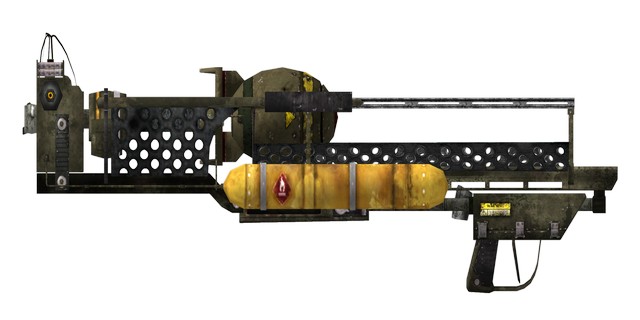
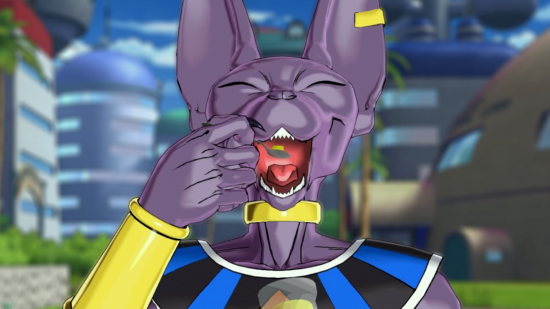
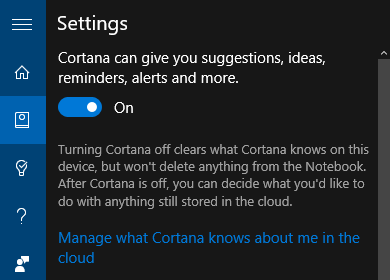
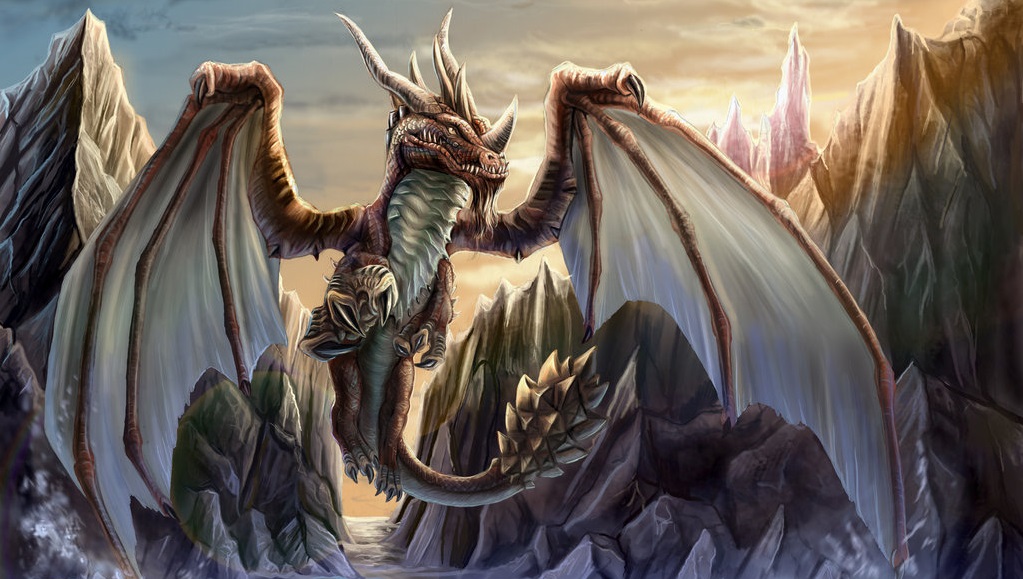
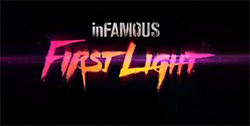 inFamous First Light PS4 Complete Part by Part Walkthrough
inFamous First Light PS4 Complete Part by Part Walkthrough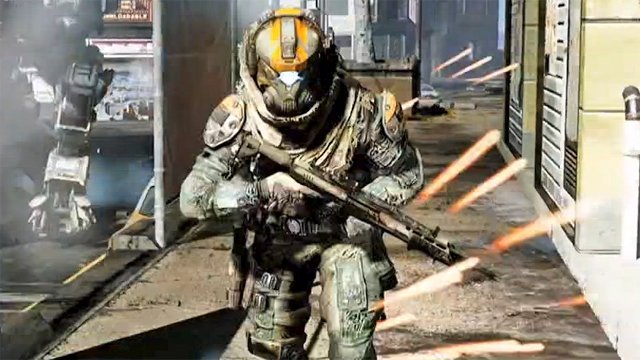 How to Fix Titanfall Crashes, Graphic Problems and More
How to Fix Titanfall Crashes, Graphic Problems and More Retro Remixes: Punktendo, 1D Wolfenstein and Other Fan-Made Games
Retro Remixes: Punktendo, 1D Wolfenstein and Other Fan-Made Games Warriors Orochi 3 Wiki – Everything you need to know about the game .
Warriors Orochi 3 Wiki – Everything you need to know about the game .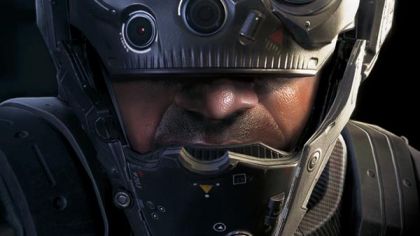 How to fix Call of Duty Advanced Warfare PC Download Issue, Enable SLI, Mouse Acceleration Issue, Low FPS, Installation issue and more
How to fix Call of Duty Advanced Warfare PC Download Issue, Enable SLI, Mouse Acceleration Issue, Low FPS, Installation issue and more